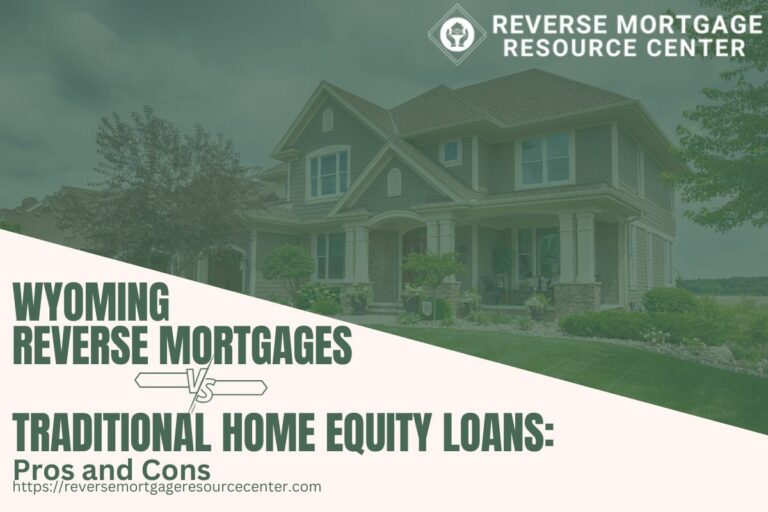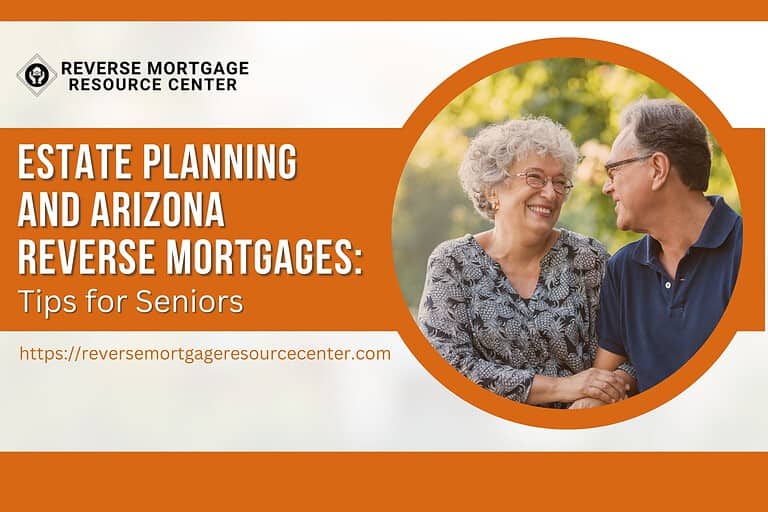Preserve Your Nevada Homeownership with a Reverse Mortgage
Homeownership is a dream shared by many Americans, including Nevada citizens. Owning a home in Nevada brings a sense of stability and pride and is also a significant asset. However, as life continues and financial needs change, some seniors may struggle to maintain the property. Fortunately, a reverse mortgage provides a unique alternative to assist Nevada residents in preserving their cherished houses and financial security. This article will explain a reverse mortgage, how it works, and why it can be a wise financial decision for Nevada elders.
Understanding Reverse Mortgages
What Is a Reverse Mortgage?
A reverse mortgage is a financial instrument tailored to homeowners aged 62 and up. In contrast to a regular mortgage, which requires monthly payments to the lender, a reverse mortgage allows you to receive money from the lender. These disbursements can be an important source of funds for seniors who want to age in place and keep their home.
How Does a Reverse Mortgage Work?
A reverse mortgage’s core principle is straightforward: it allows you to turn a portion of your home equity into readily accessible funds without selling your house or making monthly mortgage payments. This is how it works:
Loan Origination: A reverse mortgage is obtained through an FHA-approved lender. Your eligibility is determined by variables such as your age, property value, and financial status.
Loan Approval & Disbursement: If your loan is accepted, you can receive your funds in various ways, including a lump sum, monthly installments, or a line of credit. The amount you receive depends on the home’s appraised value and current interest rates.
No Monthly Payments: One of the primary advantages of a reverse mortgage is that you are not compelled to make monthly mortgage payments. Instead, the loan balance builds up over time.
Loan Repayment: When you no longer live in the home as your primary residence, the loan becomes due. This can happen if you sell your home, move to a different location, or pass away. The debt, including accruing interest and fees, must then be repaid.
Types of Reverse Mortgages
In Nevada, there are three types of reverse mortgages available:
Home Equity Conversion Mortgage (HECM): The most prevalent type of reverse mortgage is the HECM, which is insured by the Federal Housing Administration (FHA). Borrowing limits apply to HECMs, frequently used to finance aging-in-place renovations.
Proprietary Reverse Mortgages: Private loans made by certain lenders not subject to FHA limits are known as proprietary reverse mortgages. They are an excellent choice for homeowners with high-value houses.
Single-Purpose Reverse Mortgages: These are often provided by state or local government entities and are intended to cover specified expenses such as house repairs or property taxes.
Benefits of a Reverse Mortgage for Nevada Homeowners
1. Preserve Homeownership
One of the fundamental benefits of a reverse mortgage is that it allows seniors to remain in their homes while gaining access to the equity they have built up over time. This is especially crucial for those who want to age in place while remaining independent.
2. Financial Flexibility
You can choose how you want to receive your funds with a reverse mortgage. A reverse mortgage can be tailored to your unique needs, whether you need a lump sum to cover immediate expenses, monthly installments to augment your income or a line of credit for emergencies.
3. No Monthly Mortgage Payments
Monthly home payments can be a considerable financial drain for many seniors. You are not obligated to make monthly payments with a reverse mortgage, allowing you to spend your money on other critical obligations.
4. Income Tax-Free Proceeds
The monies you get from a reverse mortgage are normally classified as loan advances and are not income taxable under federal law. This means you can spend the money as you see fit without fearing further income tax liabilities.
5. Protection for Non-Borrowing Spouse
If you have a non-borrowing spouse under 62, they can continue to live in the home even if the borrower passes away or moves out. This gives couples considerable peace of mind.
Is a Reverse Mortgage Right for You?
While a reverse mortgage has significant advantages, it may not be the best option for everyone. Before starting, you must examine your financial status, long-term goals, and unique needs. Here are some things to consider:
1. Age and Eligibility
You must be at least 62 years old to qualify for a reverse mortgage. The greater your age, the more you may be able to borrow. You must also own your property outright or have a minimal mortgage balance.
2. Long-Term Plans
Consider your home’s long-term plans. A reverse mortgage may not be ideal if you plan to sell it soon or relocate to a different house.
3. Financial Assessment
Lenders will examine your financial condition to guarantee you can afford property taxes, insurance, and maintenance. If you have problems completing these commitments, a reverse mortgage may not be your best option.
4. Family and Heirs
Consider the impact a reverse mortgage might have on your heirs. While the loan becomes due when you no longer live in the house, your heirs can repay the loan and keep the property or sell it to pay off the debt.
5. Counseling
Before applying for a reverse mortgage, you must attend a counseling session with a HUD-approved counselor. This ensures you completely grasp the loan’s effects and can make an informed decision.
Common Misconceptions About Reverse Mortgages
Before deciding on a reverse mortgage, it’s critical to clear up certain common misconceptions:
1. Loss of Homeownership
Many people wrongly believe that obtaining a reverse mortgage entails relinquishing property ownership. This is not correct. You keep your home ownership; the loan is returned when you move out.
2. Inheritance Loss
While the loan sum must be returned when you die, your heirs have options. They either pay off the loan and keep the house or sell it and utilize the revenues to pay off the debt.
3. High Costs
While there are expenses connected with acquiring a reverse mortgage, these are sometimes bundled into the loan and do not need to be paid ahead. Understanding the fees and discussing them with your lender is critical.
4. Limited Use of Funds
You can utilize the proceeds from a reverse mortgage for whatever reason. The choice is yours, whether to cover medical expenditures, make house improvements, or simply enjoy retirement.
REVERSE MORTGAGE RESOURCE CENTER ~LIVE LIFE ON YOUR TERMS~
Our Lending Team has been serving our clients since 2004. We are passionate about serving our clients with integrity to help them achieve their financial goals.






